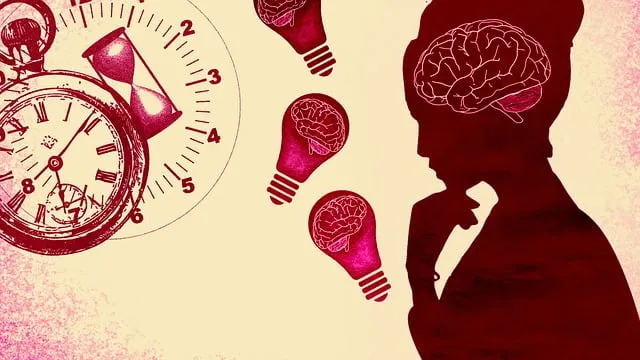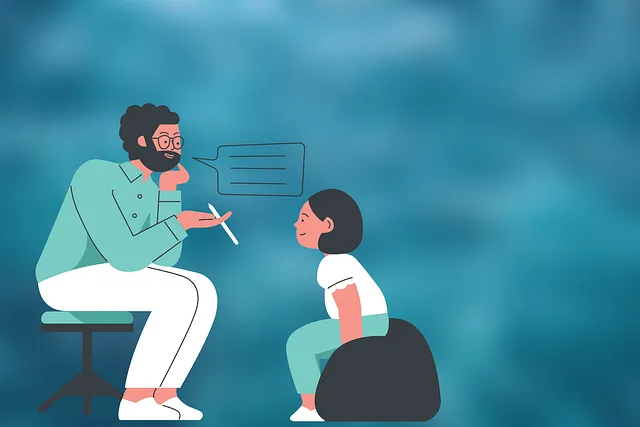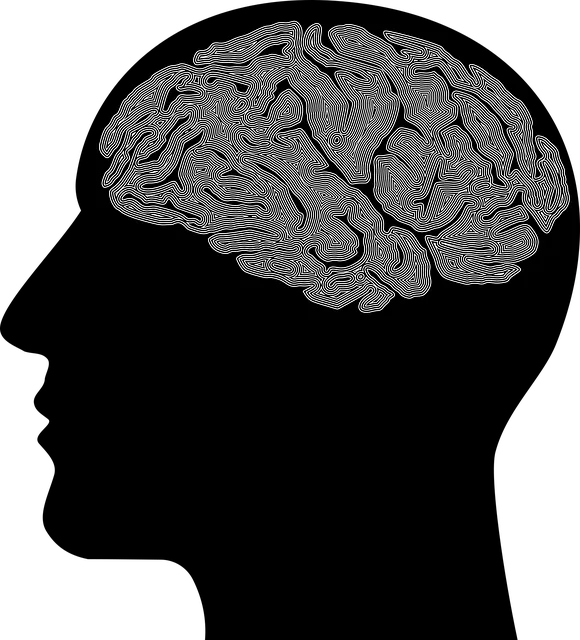Mental wellness group facilitation at Littleton Kaiser Permanente behavioral health number offers a specialized approach to support individuals with mental health challenges in a collaborative setting. Trained facilitators create safe, supportive environments where members share experiences, gain peer insights, and learn effective coping strategies. Through structured activities, open discussions, and inclusive techniques like stress management workshops and conflict resolution strategies, facilitators empower members to develop skills, build support networks, and improve overall mental wellness. Effective communication, cultural sensitivity, and engaging interventions like mindfulness exercises are key components of this successful program, measured through comprehensive evaluations and community outreach initiatives.
Mental wellness group facilitation plays a pivotal role in fostering collective healing and support. This article explores effective techniques for facilitating such groups, focusing on creating safe spaces at Littleton Kaiser Permanente Behavioral Health (with reference to [Insert Number Here]). We delve into strategies for building trust, enhancing communication, designing engaging activities, and measuring success. By examining these methods, facilitators can optimize group dynamics, ensuring every member receives the support they need.
- Understanding Mental Wellness Group Facilitation
- Building a Safe and Supportive Environment
- Effective Communication Strategies for Facilitators
- Engaging Activities and Interventions
- Measuring Success: Evaluating Group Facilitation Techniques at Littleton Kaiser Permanente Behavioral Health (Number: [Insert Number Here])
Understanding Mental Wellness Group Facilitation

Mental wellness group facilitation is a specialized skill that plays a crucial role in supporting individuals navigating mental health challenges within a collective setting. It involves creating a safe and supportive environment where participants can share their experiences, gain insights from peers, and learn effective coping strategies. Facilitators act as guides, fostering open dialogue, encouraging active participation, and promoting self-reflection among group members. This collaborative approach leverages the power of community to enhance mental resilience and well-being.
At Littleton Kaiser Permanente behavioral health number, facilitators are equipped with tools like Cultural Competency Training to address diverse backgrounds and needs. By incorporating techniques such as Stress Management Workshops and Conflict Resolution Strategies, these professionals create inclusive spaces that empower individuals to manage their mental health effectively. Through structured activities and interactive discussions, group facilitation techniques enable members to develop new skills, build support networks, and ultimately improve their overall mental wellness.
Building a Safe and Supportive Environment

Creating a safe and supportive environment is a cornerstone of effective mental wellness group facilitation. This involves establishing ground rules that emphasize respect, confidentiality, and active listening from the outset. As facilitators, it’s crucial to model these behaviors, ensuring every participant feels heard and valued. Incorporating techniques like icebreakers and positive reinforcement can foster connections among group members, mirroring the support they receive from organizations such as Littleton Kaiser Permanente behavioral health services.
This safe space encourages individuals to share their experiences openly, engaging in emotional healing processes that are pivotal for mental wellness. Facilitators should be attuned to diverse needs, adapting discussions to incorporate relevant self-care practices that resonate with the group. Public Awareness Campaigns Development can also play a role by providing resources and educating members on available support systems, ultimately enhancing the overall therapeutic experience.
Effective Communication Strategies for Facilitators

Effective communication is a cornerstone for mental wellness group facilitation. Facilitators at Littleton Kaiser Permanente behavioral health number play a vital role in creating a safe and supportive environment where members feel comfortable sharing their experiences and insights. Active listening, clear and concise language, and open-ended questions are essential tools to encourage honest dialogue. By using these Communication Strategies, facilitators can help group members express their emotions, gain new perspectives, and initiate emotional healing processes.
Additionally, recognizing and validating individual experiences is crucial for building trust within the group. This approach fosters a sense of belonging and encourages participants to support one another through shared challenges, including anxiety relief. The dynamic between the facilitator and group members significantly influences the overall effectiveness of the therapy sessions, making Communication Strategies a game-changer in promoting mental wellness.
Engaging Activities and Interventions

Engaging Activities and Interventions play a pivotal role in facilitating mental wellness groups, fostering an environment that encourages participation and promotes healing. Techniques such as mindfulness exercises, based on the Mind Over Matter Principles, offer participants tools to manage stress and anxiety. These activities not only enhance self-awareness but also strengthen inner strength development, enabling individuals to navigate life’s challenges with resilience.
Cultural sensitivity is another crucial aspect, especially when considering the diverse backgrounds of those seeking behavioral health support at institutions like Littleton Kaiser Permanente. Incorporating culturally responsive interventions ensures that group dynamics are inclusive and respectful, fostering trust and open communication. By integrating these principles, facilitators create a safe space where individuals can share their unique experiences, leading to profound insights and supportive connections within the group.
Measuring Success: Evaluating Group Facilitation Techniques at Littleton Kaiser Permanente Behavioral Health (Number: [Insert Number Here])

At Littleton Kaiser Permanente Behavioral Health, success in group facilitation is measured through a multifaceted evaluation system (Number: [Insert Number Here]). This approach ensures that techniques employed are not only effective but also aligned with the unique needs of participants. By regularly assessing progress, facilitators can identify which methods best promote mental wellness within the group setting. Key performance indicators include improved communication and emotional regulation skills among members, as well as enhanced conflict resolution techniques, observed through reduced instances of interpersonal disputes.
Moreover, the implementation of a Community Outreach Program has been integral to the success story. This initiative not only increases awareness about mental health but also fosters a sense of belonging and support within the group. Stress management workshops organized under this program have proven highly beneficial in equipping participants with practical tools for coping with daily stressors. Regular feedback from both facilitators and group members plays a crucial role in refining facilitation techniques, ensuring continuous improvement and adaptability to evolving needs.
Mental wellness group facilitation is a powerful tool, as evidenced by the successful programs at Littleton Kaiser Permanente Behavioral Health ([Insert Number Here]). By fostering safe and supportive environments through effective communication strategies and engaging activities, facilitators can significantly enhance participant outcomes. This approach not only improves mental health but also empowers individuals to navigate their journeys with increased resilience and community support. Implementing these techniques can revolutionize behavioral health care, ensuring that group facilitation becomes a cornerstone of comprehensive treatment plans.






